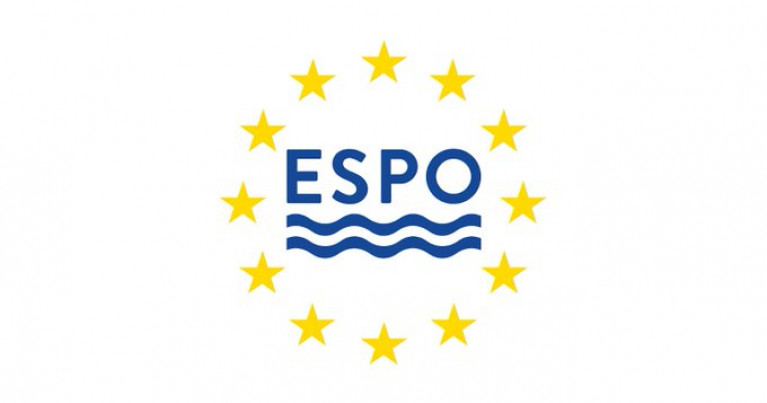Displaying items by tag: Announced November
Irish Port Among Ports in the Running for ESPO's Social Integration of Ports Award 2021
This year's European Sea Port Organisation (EPSO)'s Award on Social Integration, sees 11 ports (among them an Irish Port) that have submitted a project for the award.
The following is a list in alphabetical order by country of the ports all in the running for the EPSO Award 2021:
Guadeloupe Port Caraïbes (France), Hamburg Port Authority (Germany), Piraeus Port Authority (Greece), Dublin Port Company (Ireland), Port Network Authority of the Northern Central Tyrrhenian Sea (Italy), Port Network Authority of the Ionian Sea – Port of Taranto (Italy), Port of Gdansk (Poland), Port Authority of Ceuta (Spain), Port Authority of Valencia (Spain), Port Authority of Vigo (Spain), and Ports of Stockholm (Sweden) (in alphabetical order by country), are all in the running for this year’s Award.
The theme of this 13th edition of the ESPO Award is “Role of ports in the recovery of the city and the local community”.
The ESPO Award 2021 will go to the port managing body that succeeds best in playing a role in the recovery from the current crisis and in contributing to enhancing the prosperity of the city, local community and region. The winning port will demonstrate to what extent its focus and activities are essential for the recovery of the surrounding city and local community and which successful steps it is taking to assist in the social, cultural and economic recovery and prosperity of the city, local community and region.
As Afloat highlighted, ESPO members had an opportinuity to submit their applications until 1 July.
The ESPO Award winning port will be selected by an independent jury of international experts, under the Chairmanship of Dimitrios Theologitis, former Head of Unit of Ports and Inland Navigation in DG MOVE at the European Commission. The winner will be announced at the ESPO Award Ceremony and Dinner taking place on 9 November in Brussels.
About the ESPO Award
The ESPO Award was established in 2009 to promote innovative projects of port authorities that improve social integration of ports, especially with the city or wider community in which they are located. In this way, the Award aims to stimulate the sustainable development of European ports and their cities.
Previous winners of the Award are the Port of Gijón (2009), the Port of Helsinki (2010), the Ports of Stockholm (2011), the Port of Genoa (2012), the Port of Antwerp (2013), the Port of Koper (2014), Port of Dublin (2015), BremenPorts (2016), Guadeloupe Ports Caraïbes (2017), Port of Rotterdam (2018), Port of Dover (2019), and Algeciras Port Authority (2020).





























































